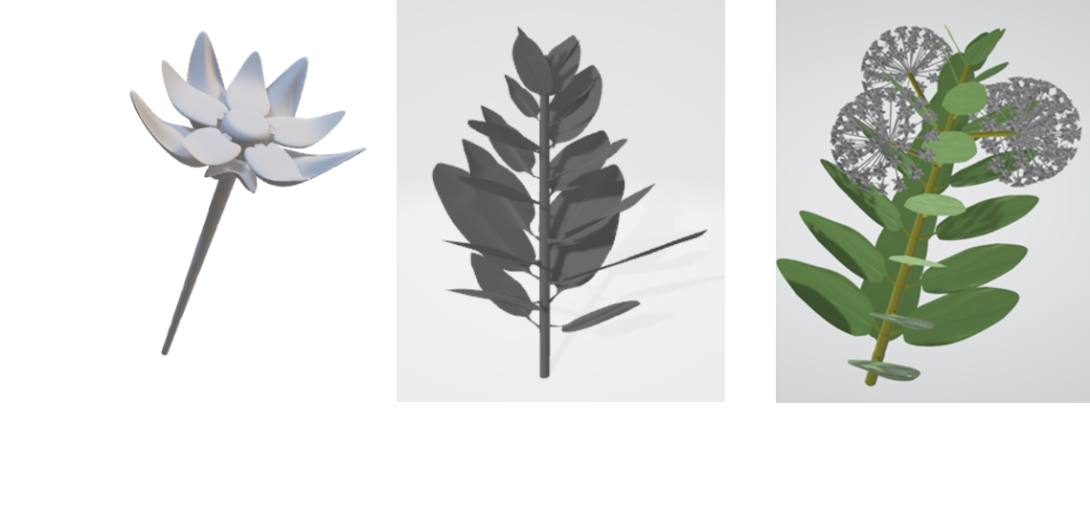Connecting Students with Autism to Geographic Information Science & Technology Careers
Students with Autism Spectrum Disorder (ASD) are less likely to start or graduate from a postsecondary educational training program than their peers. Additionally, they are routinely unemployed (or underemployed) as young adults. Consequently, there is an urgent need to create workforce development
